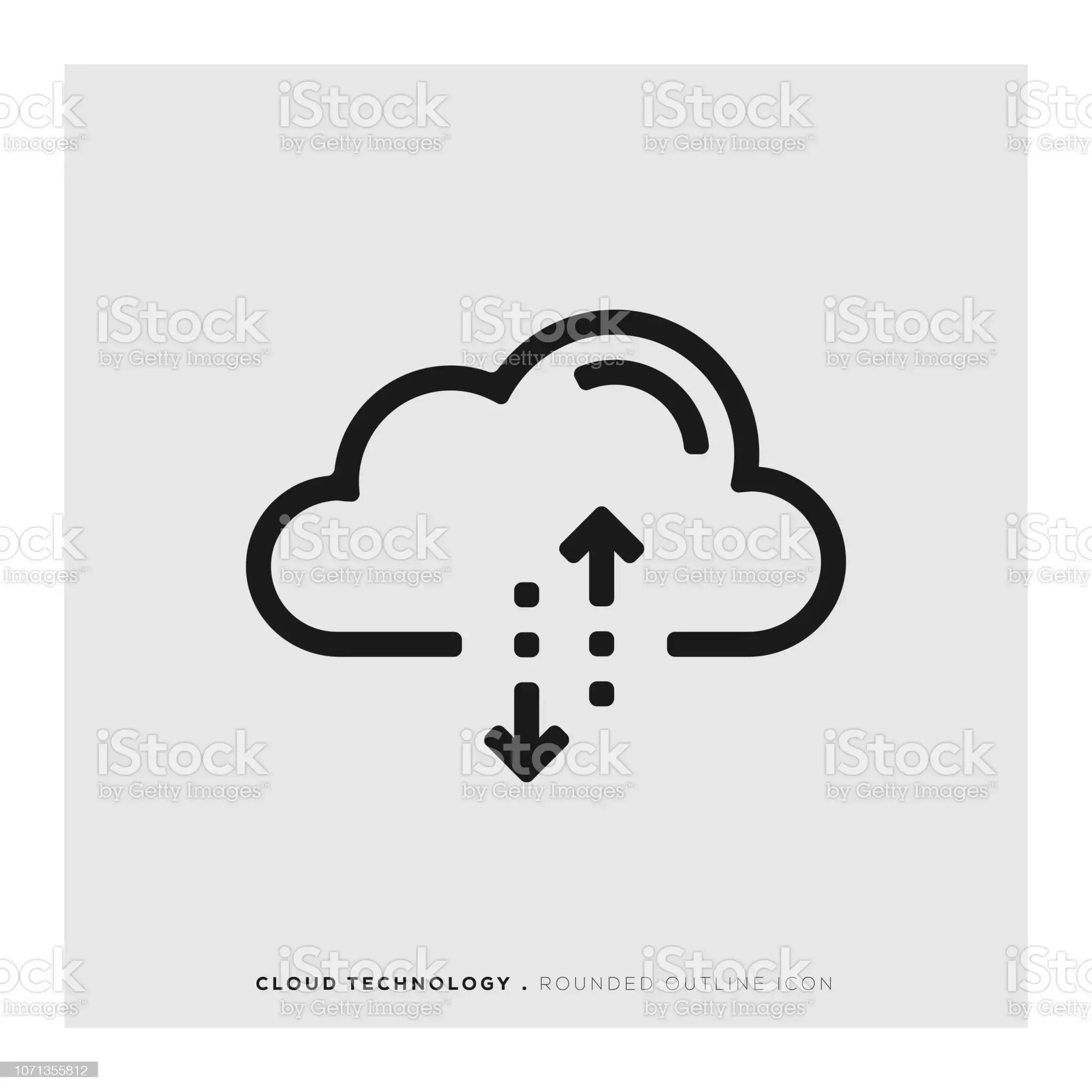Very nice! Fun fact: half of these homonyms work in neo-Latin languages, too.
panbroggi
The most important aspect is peer review. At least in physics, journals assign your paper to an Editor (a scientist), that may reject it directly if it is not scientific. If it is, they will send it to another scientist to read the work and (a) suggest rejection, (b) suggest accepting the work directly or (c) in the most common scenario accept the paper for publication after some revisions. The editor reads the review and the informs the author of the paper accordingly, and the story iterates until the work is fine for the reviewer. There can be more than one reviewer (a.k.a. referee). The editor is what the journal offers, together with some spell checking service before publication. Editors are payed, and referees only sometimes.
There are notable, noble exceptions known as diamond open access journals, like my favourite: the Open Journal of Astrophysics
This is really what I see missing. I am a reader more than a writer on Mastodon, and this is one of the major issues.
Congrats for your work!
Maybe it's already there, but I'd like to browse other instances without creating an account, similarly to the anonymous view of Eternity for Lemmy.
I'm using the public instance routinely, and it does the job well.
Well this is how science works, right? You formulate hypotheses, build expectations and finally test them. For example, the expected influence of more talkative parents would be erased by other factors, like (and this is a mere example) the exposition to sounds in the woumb.
Well, we know this feeling very well here
Grazie! Lista molto ben fatta!
I'm sure a lot of people will be infinitely thankful!!

Well some of them are, like Polish and polish. I agree that different pronounciation is pretty exclusive, though.